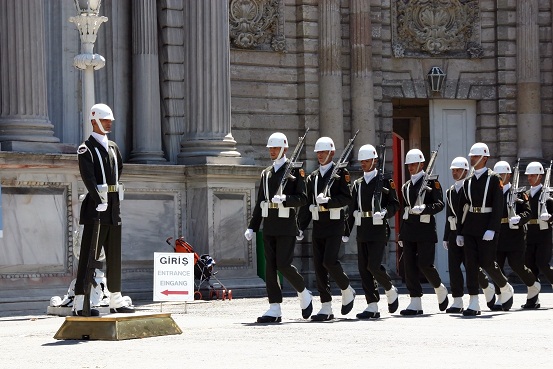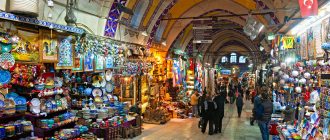Gaining an understanding of a country’s government, politics and recent history helps appreciate the present state of a country and people. This guide to Turkish politics and government will run you through the basics.
Modern Turkey has its government and politics defined by a secular outlook. It has a parliamentary democracy with a 550 seat parliament composed of members from 81 provinces. The country has a president who acts as a figurehead for the country as well as a prime minister who is responsible for the daily politics of the country. All people in Turkey over the age of 19 are eligible to vote.
The modern nation state of Turkey was born in 1924 with the collapse of the Ottoman Empire. The founder of modern Turkey, and the greatest influence on its politics and government, was a former officer in the Ottoman army called Mustafa Kemal who later became known as Ataturk or “father of Turks”. Ataturk was responsible for establishing the Republican peoples party (RPP) during the war of Turkish independence in 1920. The RPP was the first modern political party in Turkey and maintained its monopoly in government right up until after the Second World War when for the first time multi party democracy was introduced to Turkey. In the first elections after the war, the right wing democratic party (DP) beat the RPP and came to government for the first time however it was not long before the military intervened on the grounds that the DP were trying to exert too much control through extra constitutional means. After the Army intervened in 1960 the DP were banned. However in reality all of its supporters simply re-gathered under a new party called the Justice Party (JP). The RPP were able to regain control of government. However this was only under a coalition formed with the new JP which lasted until 1965 when the JP won enough seats in parliament to form their own majority ending the coalition with RPP.
The JP continued in Turkish government and politics until 1971 when again under pressure from the military the party leader was forced to step down. The rationale for this was that internal fighting between right and left wing elements had been on a steady increase and the situation had reached a stage where there were fears for public disorder. The RPP in turn found themselves back in government after the 1973 elections however they were only able to do this through a coalition with a small right wing religious party. At around this time the two major powers in Turkish politics were still the RPP and JP however with each of these parties only holding about 40% of parliamentary seats a strange situation developed where smaller parties were able to exert great influence as their seats could swing votes in the major parties favour. This led to a situation where the smaller parties would agree to vote on the side of their coalition partners in exchange for control over certain ministries where they could follow their own agendas.
1980 saw another military coup and all political parties were dissolved. In the 1983 elections a new centre right party called the Motherland party came to government under the leadership of Turgut Ozal. Ozal was a former World Bank economist and his modern liberalising economic policies brought about a period of economic boom in Turkey for the next few years, although this was accompanied by high inflation.
The Motherland party finally lost control of government after the 1992 elections and were replaced by another centre right party called True Path who formed an unlikely coalition with the social democrat populist party. The President of Turkey today is Ahmet Necdet Sezer, who was elected by Parliament in 2000. The Prime Minister is Recep Tayyip Erdogan, whose Islamic conservative AKP won a majority of parliamentry seats in the 2002 general elections.





